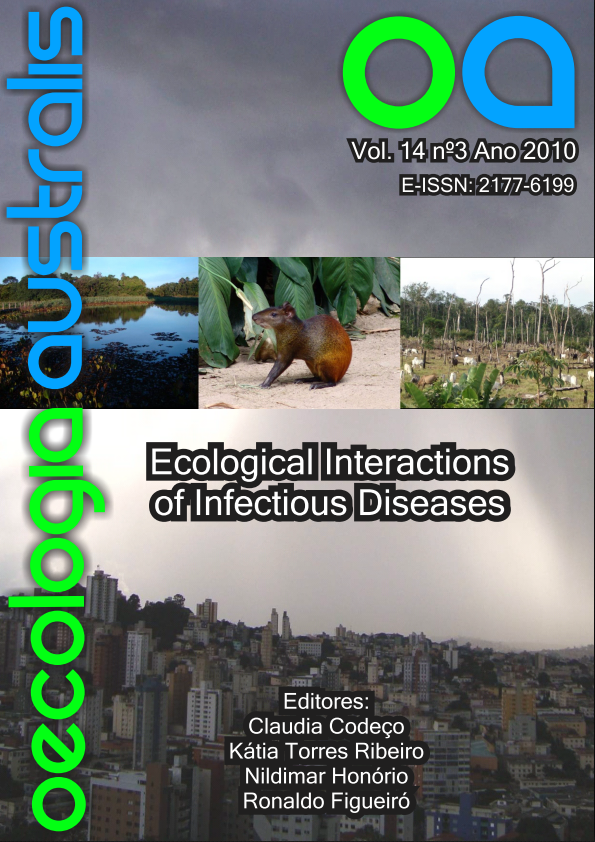BACK TO THE BASICS: THE DYNAMIC OF INFECTIOUS DISEASES IN CONTEXT
Keywords:
Ecology, infectious diseases epidemiology, philosophy of biology, molecular biology.Abstract
The epidemiology of infectious diseases shares with theoretical and empirical ecology the integrated analysis of the dynamics of different populations of host-pathogens or preys-predators-parasites in context, i.e. as part of a vast web of interactions, webs with the double character of matter/energy transfer and differential reproductive success. Such dynamics mutually influence each other, but do not map one into each other. After the 1950 and especially after the 1990s, such analyses have been integrated to the analyses of phenomena taking place at the micro-level, including the dynamics of genomic and post-genomic structures and networks. As discussed at length in the present paper, reductionist perspectives in the fields of both molecular and evolutionary biology were instrumental to the progress of such disciplines in the 1960s and have contributed to the understanding of many simple phenomena. Notwithstanding, major progress had taken place in the fields of molecular biology, biomathematics and computation, making such oversimplified models not only misleading in terms of a proper understanding of biology, but detrimental to the assessment and analysis of complex phenomena, such as the dynamics of cancer or the emergence and transmission of resistant strains in environments under anthropic pressure. Alternative views do exist, at least since the late 1980s, as advanced by authors such as David Hull and, more recently, Eva Jablonka and coworkers, among others, and should be fully explored in order to move beyond the strictly gene-centered paradigm. The so-called “beans bag genetics” is not only no longer necessary, but has been hindering the progress of evolutionary biology, epidemiology and molecular biology itself. Despite the enormous popularity of such oversimplified perspectives among the lay audience, those working in the forefront of biology should try to be as precise in their empirical work as sound in the use of concepts and design of comprehensive research programs.


